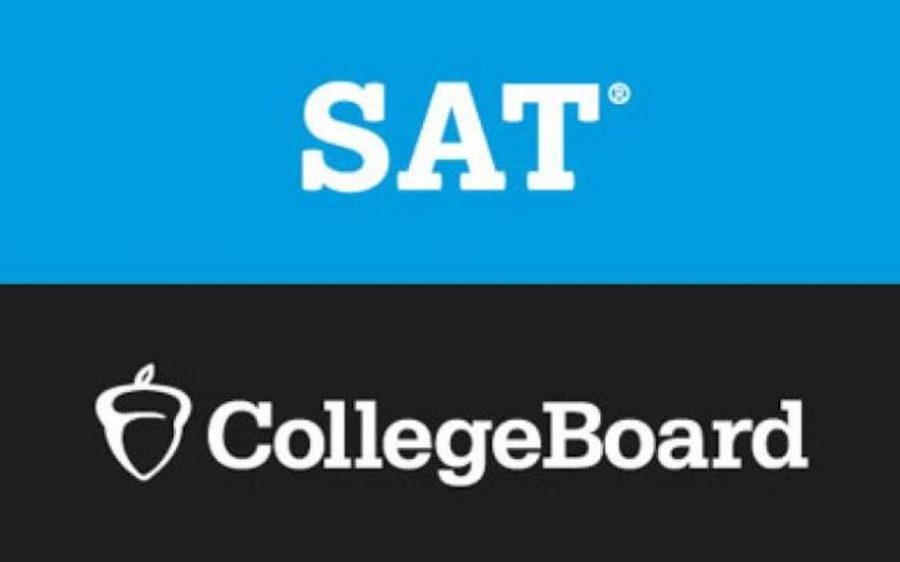No Pencil? No Worries! – SATs Will Be Digital Starting Spring of 2023
Feb 1, 2022
College entrance exam, the SAT, will undergo changes in format and length beginning in the spring of 2023, according to an announcement from the College Board on Tuesday, Jan. 25. International students will take the SAT digitally in the spring of 2023, and all PSAT exams will be digital beginning that fall. By the spring of 2024, U.S. students will also take it online. The paper and pencil test will no longer be given after the spring of 2024.
Dean of College Counseling and former College Board Board of Trustees member Jerry Pope explained that College Board has been working on this project for many years.
“It’s something that I’ve been pushing for [and has] been in the works for College Board for many, many years. It didn’t come about because of the pandemic; [instead,] the pandemic kind of sped things up,” Pope said.
During the exam, students may use their personal devices including a laptop or tablet or their school’s devices.
“I think it is a benefit for the kids because they can take it in an environment that is relaxing to them,” College and Career Counselor Daniel Gin said.
In addition to being digital, the structure of the test will also change. Instead of taking three hours, the test time will be shortened to two hours.
“When they’re taking a four hour exam, students get tired, so by shortening the test, hopefully the students will be able to do a lot better,” Gin said
Moreover, passages for the reading section will be shorter and calculators will be permitted for the entire math section. Timers will also be displayed to help with time management.
To increase security, students will receive individualized tests.
“Each student will see a unique version of the test—and schools, districts, and states will have more flexibility in when to test,” College Board stated.
Individualized tests will reduce the potential for testing irregularities, particularly those related to classroom disruption or suspected cheating.
Furthermore, “Students and educators will get the information they need to make key college decisions quicker,” according to College Board.
Because the tests won’t need to be transported, they will be reviewed and returned quicker. Also, it removes the possibility of missing tests.
Additionally, with the online AP tests, there was the issue with internet connection. Some students taking tests at home did not have strong Wi-Fi connection which minimized their test time as they tried to reconnect. For the online SAT, the test will automatically save students’ progress, so if they lose connection, their work will be saved, and the timer will pause.
“What that’s done is opened up a huge array of access and equity for students that normally wouldn’t have access to testing, especially for first gen low income kids,” Pope said.
“After going test-optional, I think it’s another creative way to help admissions and continue to level the playing field,” Gin said.




